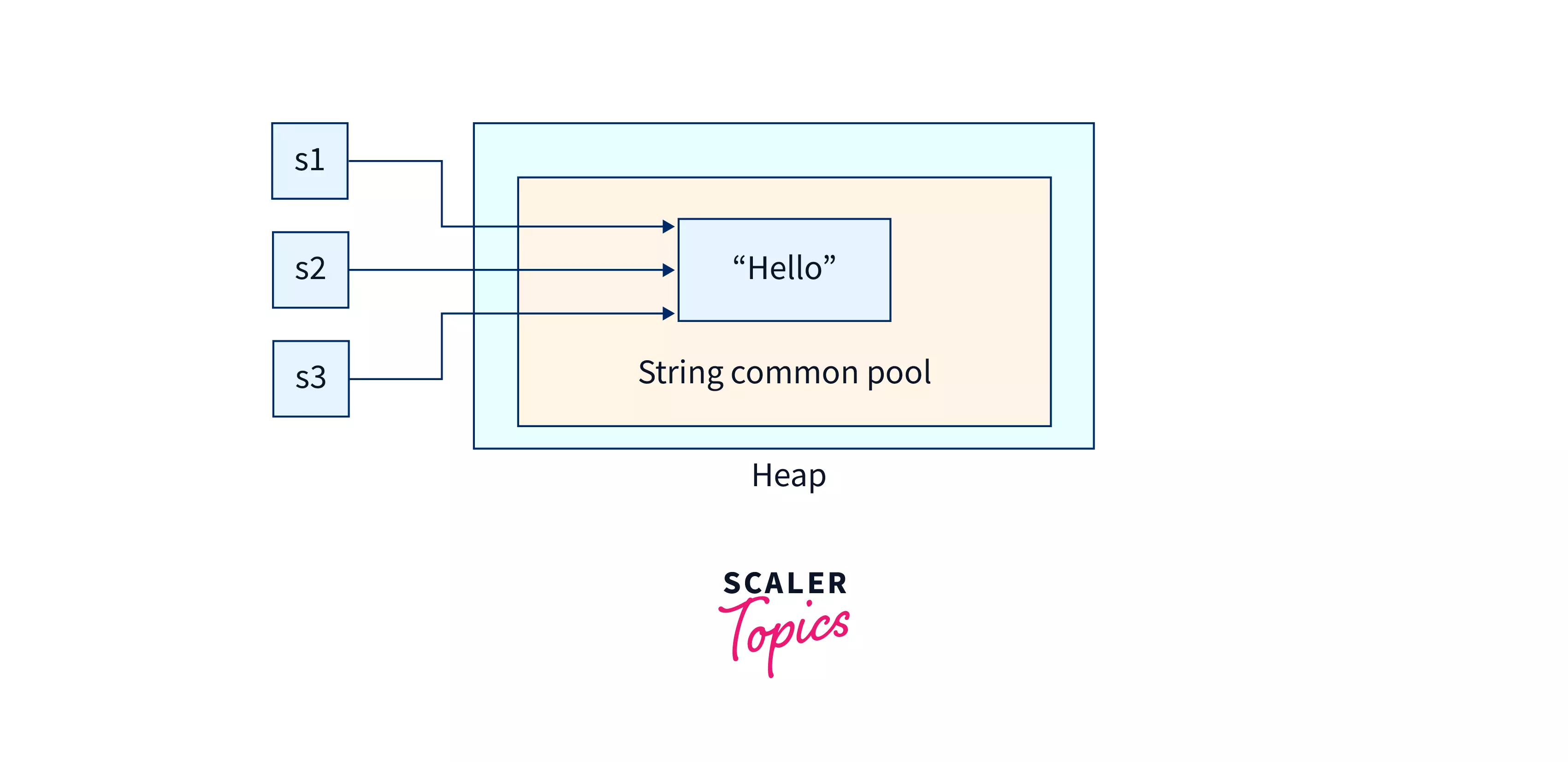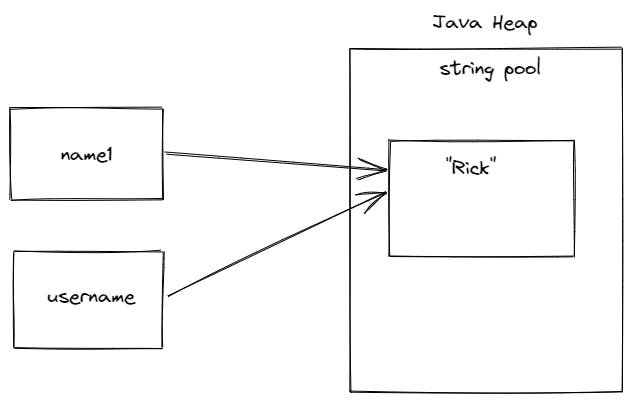Why Are Strings Immutable in Java? Enhancing Code Integrity
Wiki Article
Immutable Strings: A Trick Part in Ensuring Information Consistency and Integrity
In the world of data management, the relevance of immutable strings can not be overstated. These unchanging sequences of personalities play an essential function in maintaining the integrity and accuracy of information within systems. By maintaining a state of immutability, information uniformity is made sure, promoting a structure of reliability whereupon essential processes depend. The principle of unalterable strings goes beyond simple triviality; it is a cornerstone in the complicated web of data governance. As we discover the advantages, application strategies, and useful applications of unalterable strings, a more clear image arises of their crucial nature in securing the electronic landscape.The Principle of Immutable Strings
Unalterable strings, a fundamental concept in programs, describe strings that can not be changed when they are created. In significance, when a string value is appointed, any kind of procedure that appears to change the string in fact produces a brand-new string. This immutability makes certain information uniformity and reliability in applications, as it stops unforeseen changes to the original information.
Benefits in Data Consistency

Data consistency is essential in numerous elements of software development, including data source administration, multi-threaded atmospheres, and distributed systems (Why are strings immutable in Java?). Immutable strings contribute significantly to accomplishing this uniformity by protecting against information corruption because of simultaneous accessibility. In situations where several procedures or strings communicate with the same information at the same time, unalterable strings function as a guard versus race conditions and synchronization issues
Additionally, the immutability of strings streamlines debugging and testing processes. With immutable strings, developers can rely on that when a string is established, it will certainly continue to be unmodified, making it much easier to map the source of mistakes and guaranteeing that examination cases create regular outcomes. This dependability in information managing ultimately results in extra stable and durable applications.

Applying Unalterable Strings
Making sure the immutability of strings calls for a thoughtful technique to their application in software advancement. When a string object is developed, one key technique is to make string courses in a way that protects against alterations. By making strings immutable, developers can boost data uniformity and reliability in their applications.To apply unalterable strings properly, designers should prefer producing new string things instead of changing existing ones. This practice ensures that when a string is appointed a worth, it can not be altered. Additionally, any type of procedure that shows up to change the string should produce a brand-new string with the wanted adjustments rather than changing the initial.
Moreover, using unalterable strings can streamline concurrency administration in multi-threaded atmospheres. Since immutable strings can not be altered after production, they can be safely shared amongst multiple threads without the danger of information corruption.
Duty in Reliability Assurance
In software program development, the usage of unalterable strings plays an important duty in ensuring the reliability of information procedures. Unalterable strings, once produced, can not be changed, ensuring that the data they represent stays constant throughout the application's implementation. This immutability building supplies a degree of assurance that the information being processed will certainly not be unintentionally transformed, bring about unexpected end results or mistakes in the system.By including unalterable strings right into software application style, designers can improve the dependability of their applications by minimizing the risks associated with mutable data - Why are strings immutable in Java?. Immutable strings assist in stopping data corruption or unintended adjustments, which can be especially important when taking care of delicate information or when information honesty is vital
Furthermore, the usage of immutable strings simplifies simultaneous processing, as numerous threads can safely access and share string data without the danger of one thread modifying the material while another is reading it. This aspect adds considerably to the total integrity of the software application system, guaranteeing foreseeable and consistent behavior in information handling procedures.
Applications and System Combination
The seamless combination of unalterable strings into numerous applications and systems is essential for making sure durable data uniformity and dependability throughout varied technological settings - Why are strings immutable in Java?. Unalterable strings play a crucial function in enhancing the honesty of data exchanges and interactions within complex software application environments. By including unalterable strings into applications, programmers can reduce the dangers connected with data meddling, unapproved adjustments, and unintentional alterations, consequently fortifying the general protection position of the systemIn the context of system assimilation, immutable strings function as a fundamental element for developing safe and secure communication channels and promoting seamless data transfers in between various elements. Their immutable nature makes sure click to find out more that data transmitted between systems continues to be proven and unchanged, reducing the chance of variances or mistakes that can compromise the stability of the entire system. Moreover, unalterable strings can enhance interoperability between diverse systems by giving a standardized layout for information depiction, enabling a lot more efficient data processing and exchange protocols across interconnected systems. By taking on unalterable strings in applications and system combination processes, organizations can fortify their information framework and promote the reliability and uniformity of their details possessions.
Verdict
In final thought, immutable strings play a critical role in preserving data uniformity and reliability in numerous applications and system combinations. By making sure that strings can not be altered as soon as developed, the stability of data is preserved, lowering the risk of disparities and mistakes. Applying immutable strings can you could try here significantly boost the reliability of systems, ultimately bring about more accurate and reputable data processing.
Report this wiki page